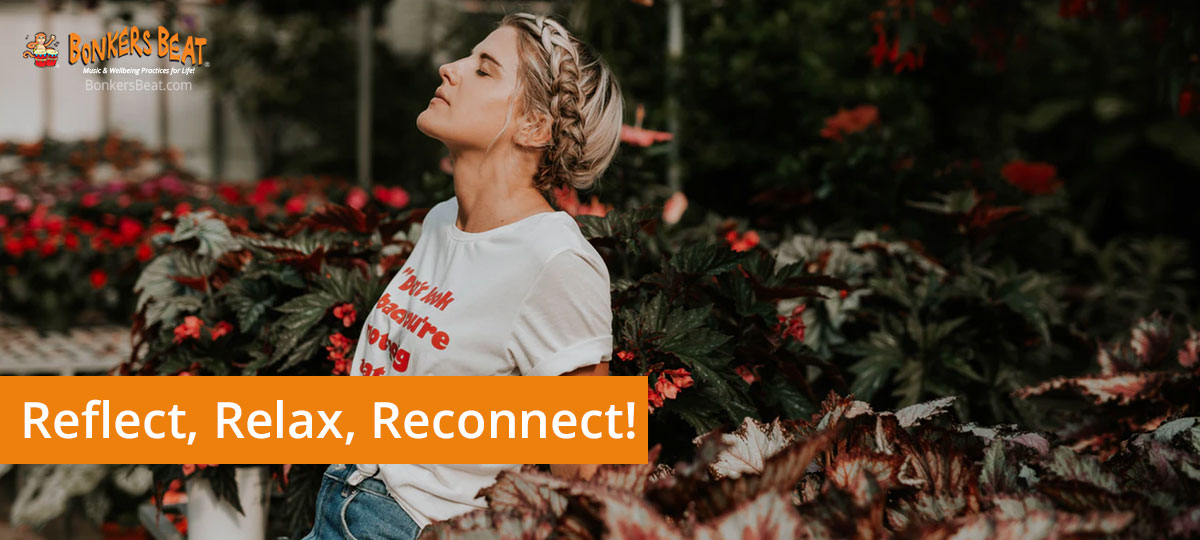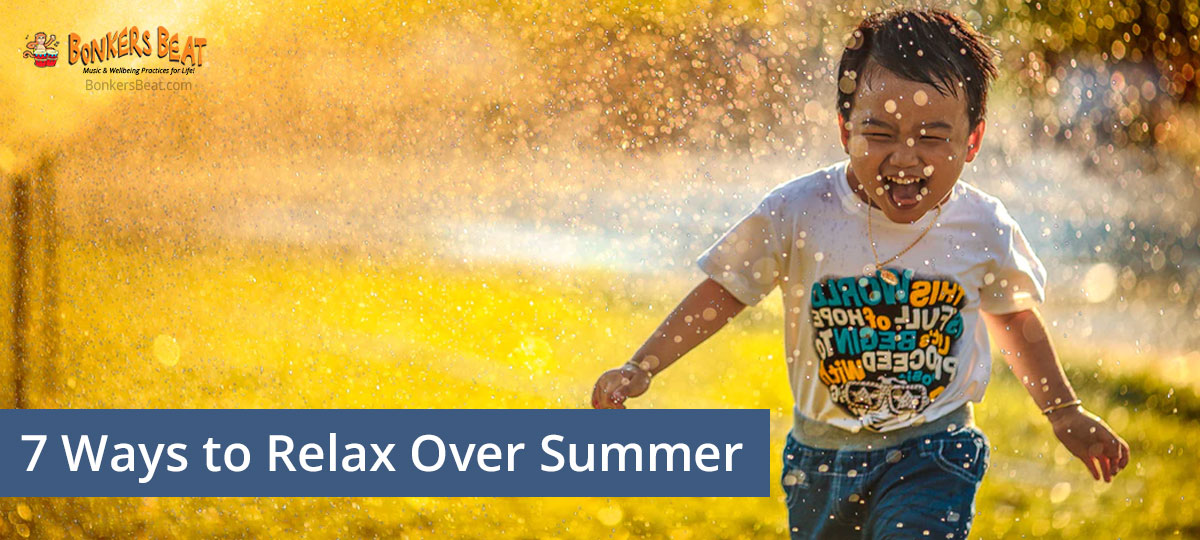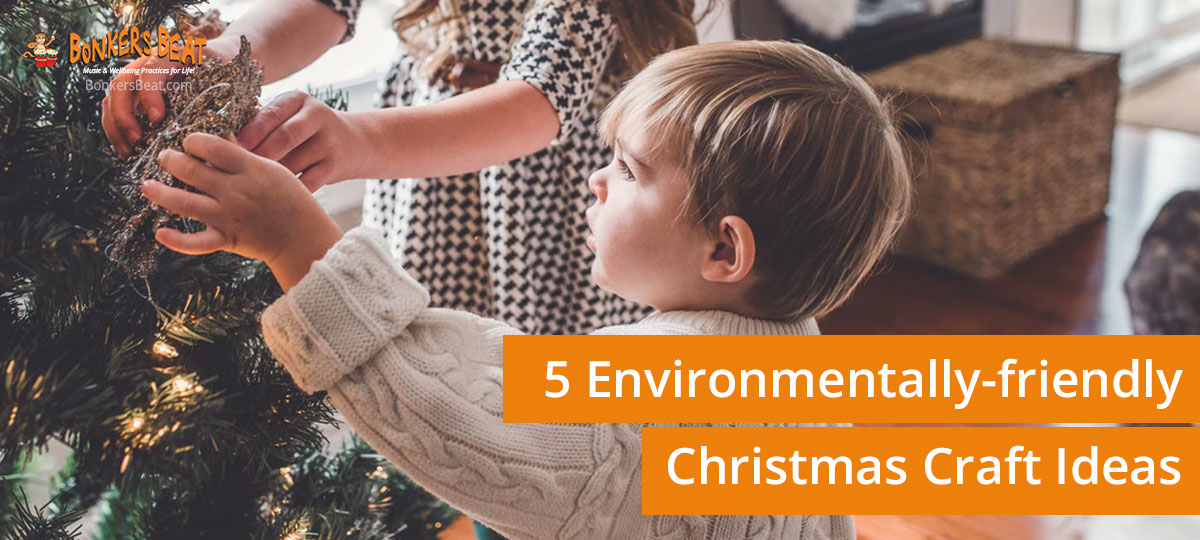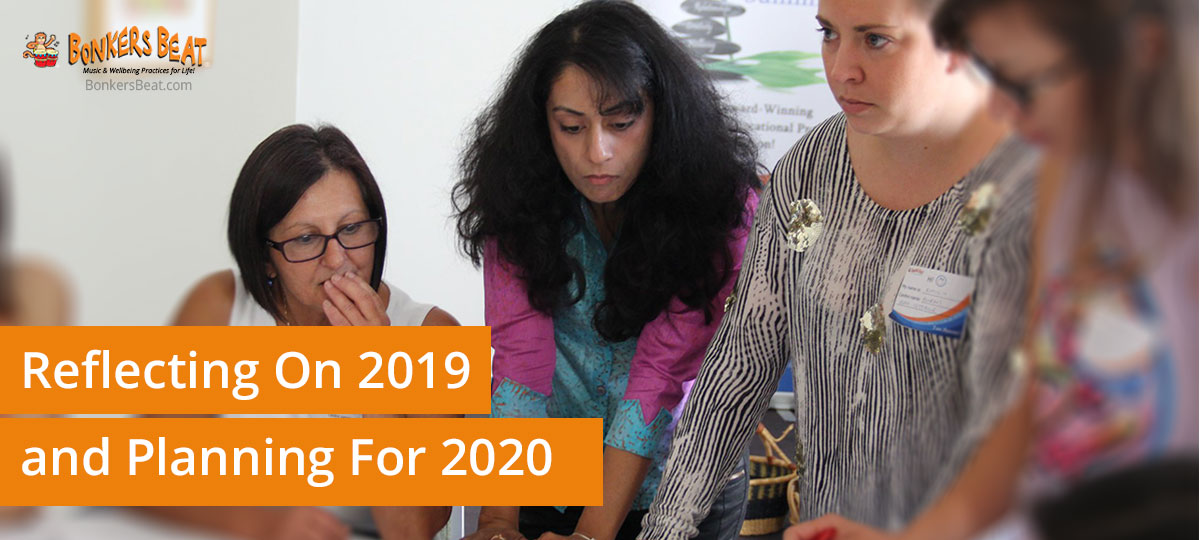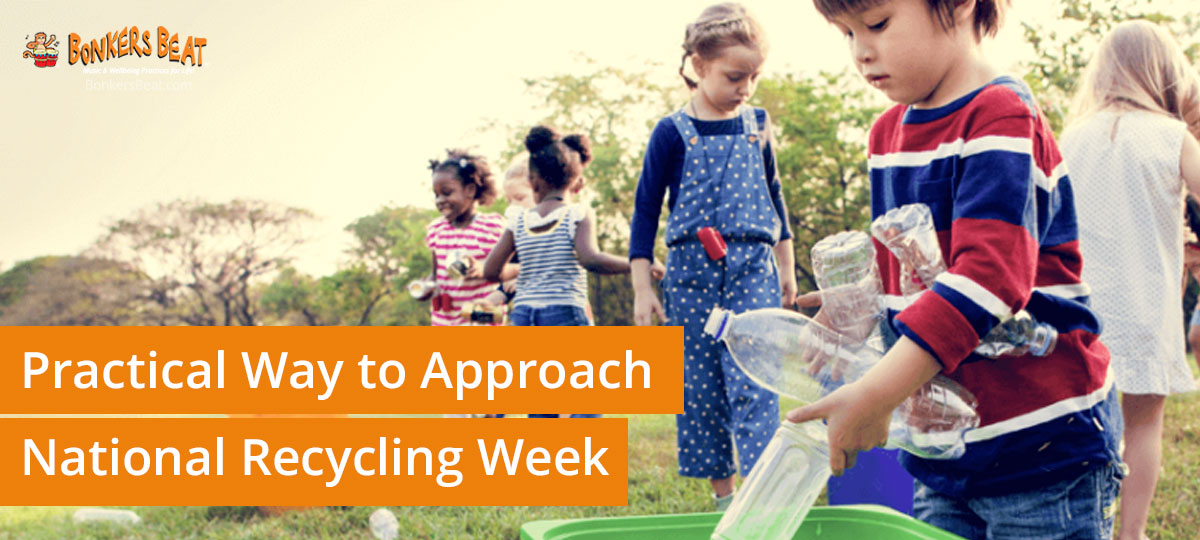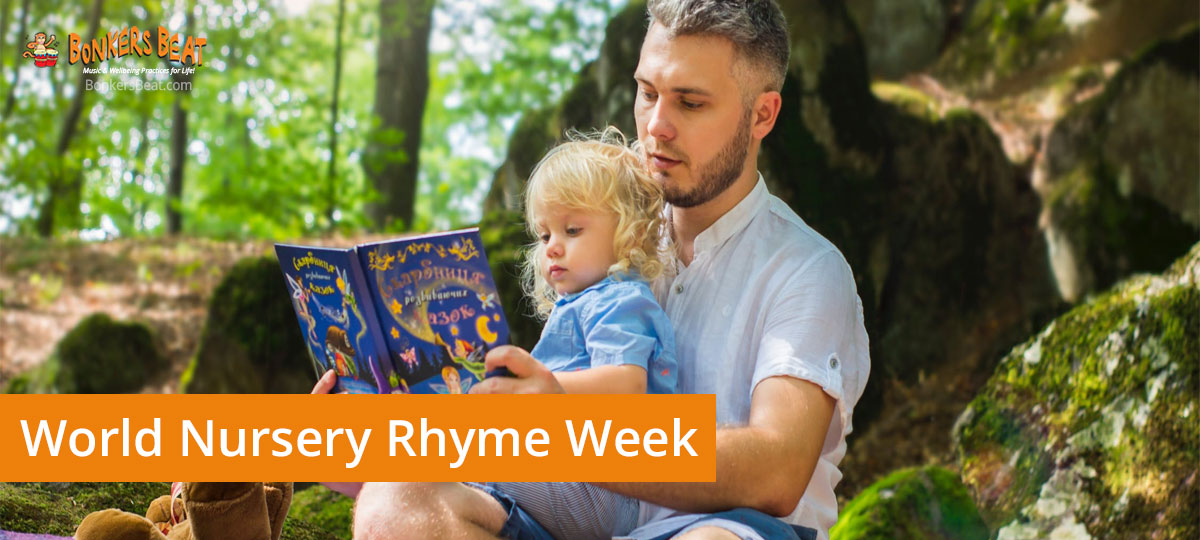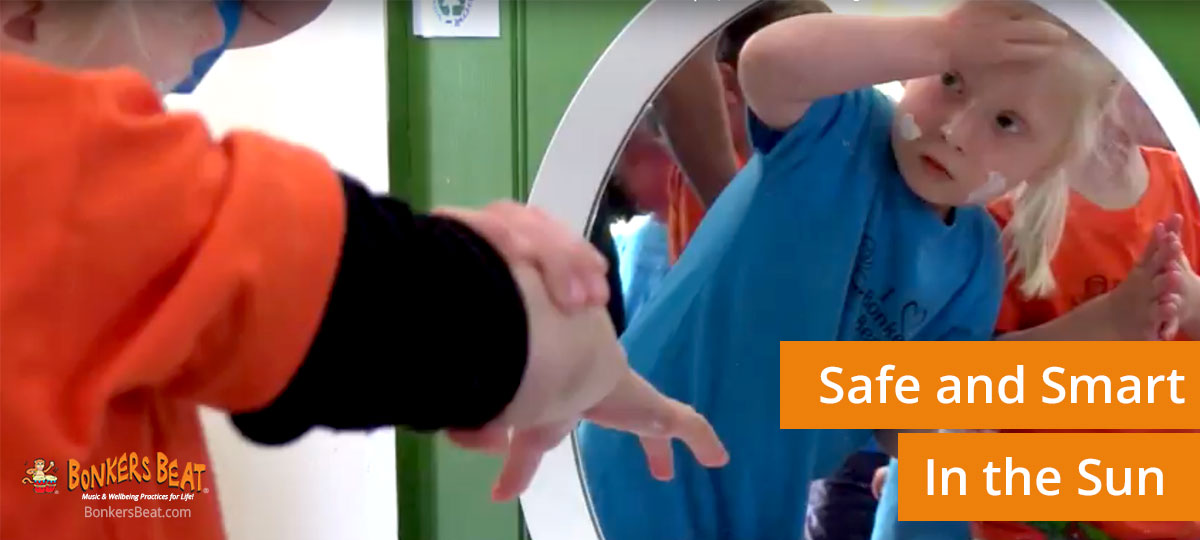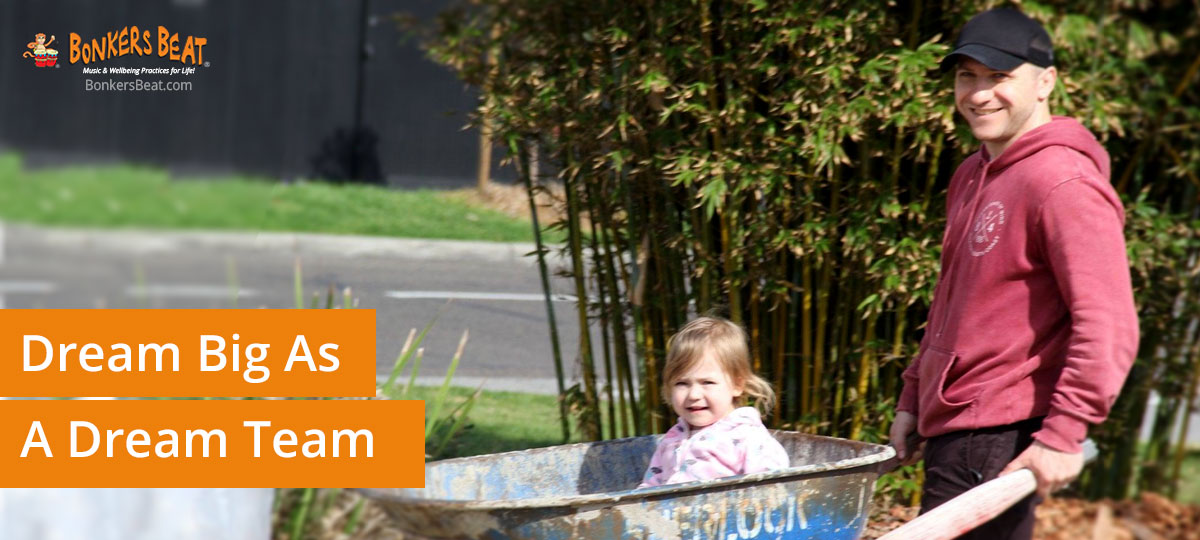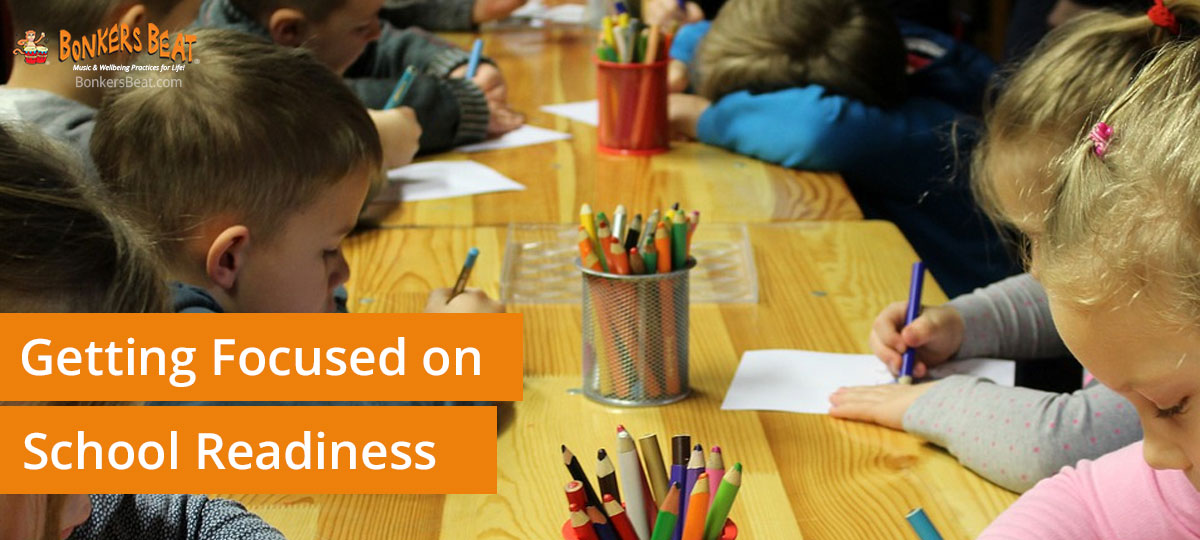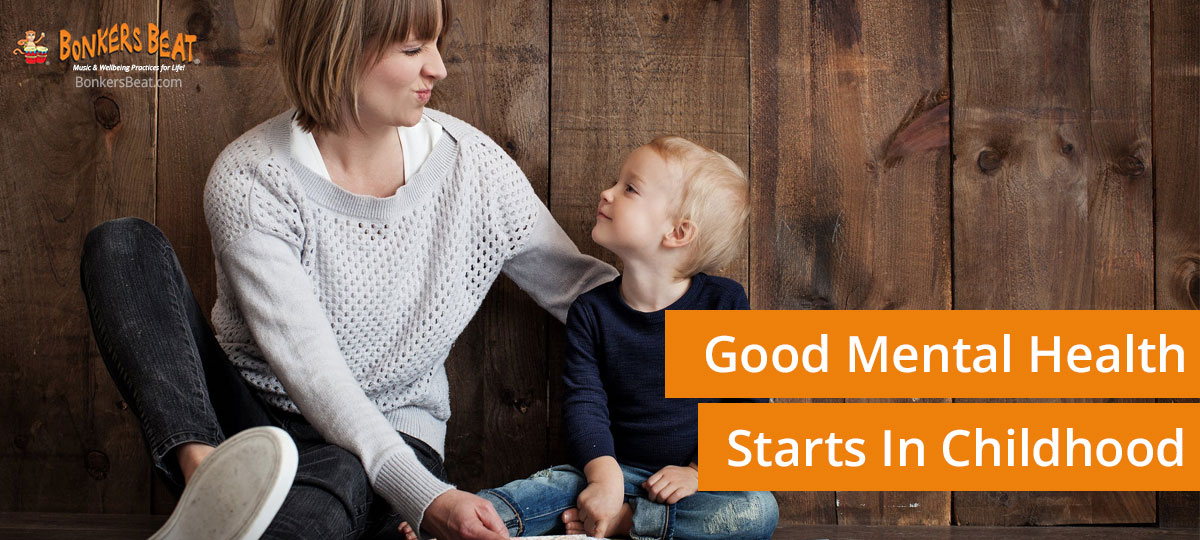Moving into a new decade feels like a momentous occasion, don’t you think? Heading into the ‘20s, we want to get everything off to a flying start — from work lives to personal lives and everywhere in between. We’ve identified that a good balance of reflecting, relaxing and reconnecting is a fantastic way to farewell 2019 and welcome 2020.
Reflect
Beginning with assessing how things have been going is a good place to start. Previously we have written about the importance of reflection as the end of the year nears. Rather than just encourage you to do this, we have done this ourselves too. After all, we can’t move forward if we do not reflect on what has come to pass this year, so today we want to celebrate our wins with you.
Wins 2019
- In January 2019, the Bonkers Beat Music Program was selected and included by the Department of Education and Training in Victoria in the School Readiness Funding Menu as an evidence-based program for boosting communication skills, wellbeing and providing inclusion for young children.
- Bonkers Beat joined B1G1 program to give back to powerful projects that are changing our world.
- We have raised awareness and raised money to support Aussie farmers through the ‘Buy a Bale’ campaign.
- Through conferences and presentations we have inspired more than 2000 early childhood educators, ran comprehensive training for over 625 members and hosted 2 Wellness Summits, providing outstanding opportunities to grow for teams running Bonkers Beat Programs.
- ‘Bonkers Beat & You’ Songs Volume 2 were translated by kinder families to different languages. To date, we have full translations in Spanish, Hungarian, Chinese and Tagalog. Currently, we are still working on translations in Greek, Vietnamese, Italian, and Russian.
- Bonkers Beat was selected to be a pilot centre for an international research project which aims to show the impact of music on children’s learning, development, and wellbeing as well as parent engagement.
And these are just to name a few! Taking the time to reflect has been empowering and helped us to know what we need to do more of in 2020.
Relax
Relax is perhaps not a word that many of us are relating to this week, with Christmas only days away and lots to get done! But, do make the time to relax and recharge over the summer – you’ve earned it! And you’ll be more productive and achieve more with your batteries fully recharged.
For more tips on relaxation check out our blog from last week, where we’ve covered many tips to give you the inspiration needed to relax.
Reconnect
Christmas is the perfect time to reconnect with friends and family members that we haven’t seen or spoken to for a while. It’s also an important time to give support to people in need or contribute to the lives of those less fortunate than us. It’s a time for reconnecting with the best version of ourselves.
Over the years we have connected with many educators, managers, shared our story and shared the incredible impact of the Bonkers Beat Programs. If you have been in touch with us over the years, run any of our programs in the past or simply received the access to the Free Trial, now is an excellent time to reconnect.
Reach out, reconnect and let us support you in making 2020 your best year ever!
We are just about to start a new year, a new decade and a new journey — and YOU can be a part of this exciting adventure! Just click – Reconnect now!
Have a wonderful, safe break, a very Merry Christmas and we’ll see you in 2020!

